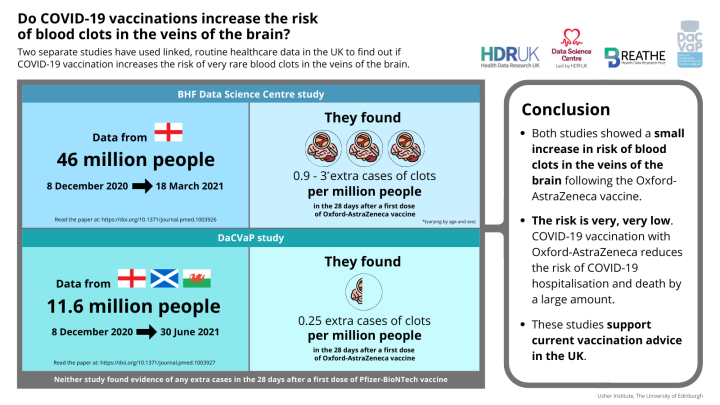Novel PET tracer detects small blood clots

Blood clots in veins and arteries can lead to heart attack, stroke, and pulmonary embolism, which are major causes of mortality. In the featured article of The Journal of Nuclear Medicine
Blood clots in veins and arteries can lead to heart attack, stroke, and pulmonary embolism, which are major causes of mortality. In the featured article of The Journal of Nuclear Medicine's (JNM) July 2017 issue, German researchers show that targeting GPIIb/IIIa receptors, the key receptor involved in platelet clumping, with a fluorine-18 (18F) labeled ligand is a promising approach for diagnostic imaging. Current imaging modalities rely on structural characteristics, such as vascular flow impairment, and do not address the critical molecular components.

Blood Patch Pleurodesis for Pneumothorax

Trends in Cardiac Nuclear Imaging

Near-infrared-II photoacoustic imaging and photo-triggered synergistic treatment of thrombosis via fibrin-specific homopolymer nanoparticles
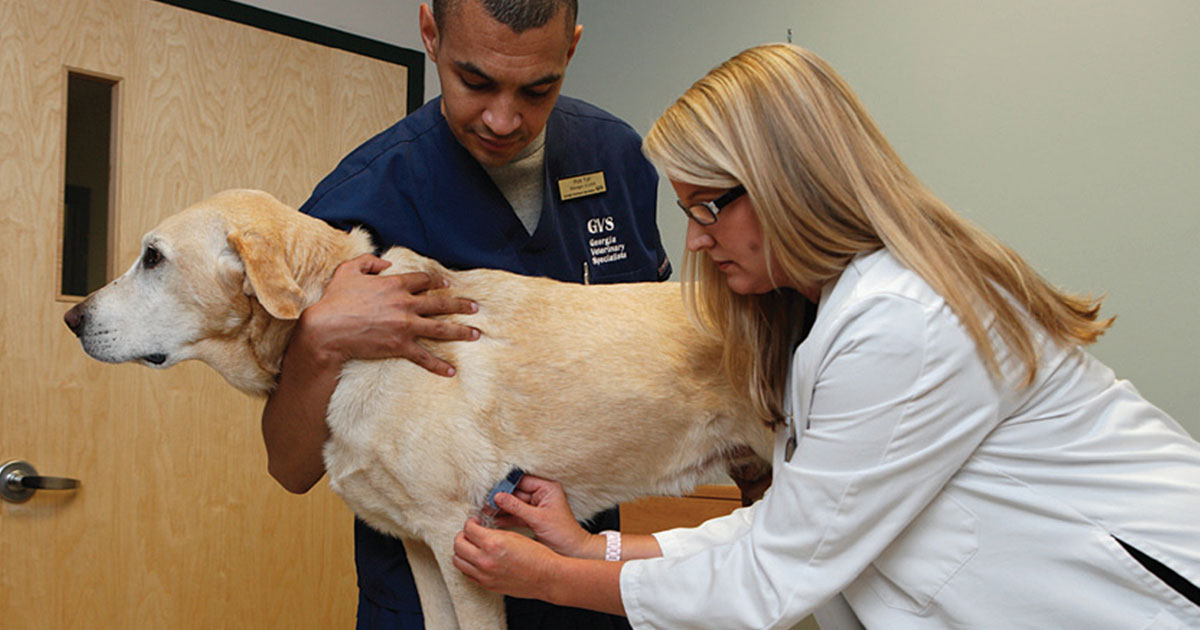
The Importance of Point-of-Care Testing for Your Pet's Health

New imaging tracer allows early assessment of abdominal aortic aneurysm risk
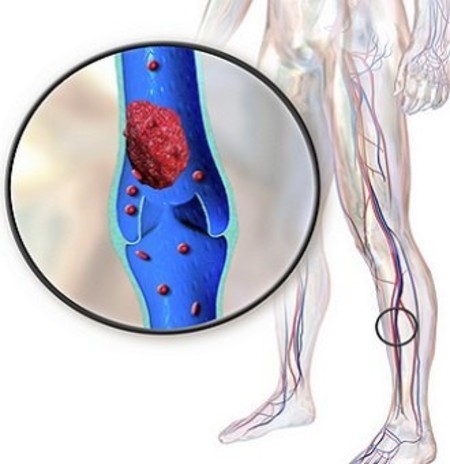
Novel PET Tracer Pinpoints Risky Blood Clots
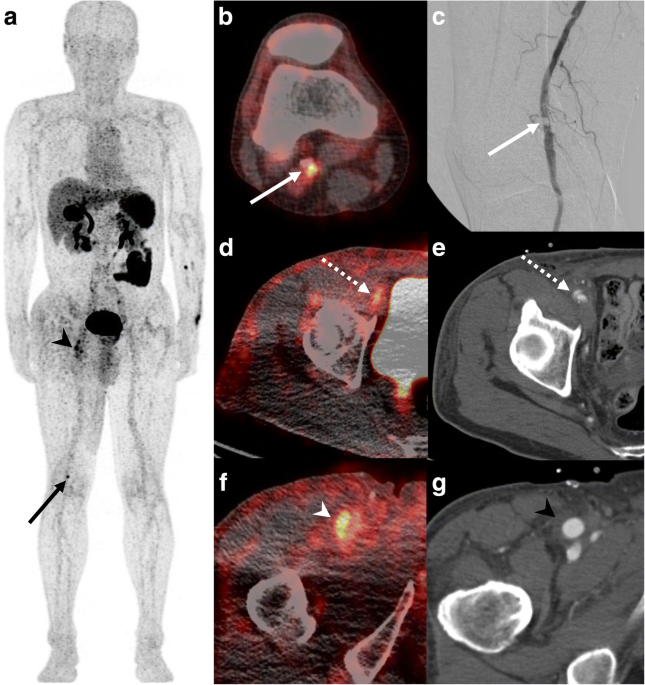
A phase 1, first-in-human study of 18F-GP1 positron emission tomography for imaging acute arterial thrombosis, EJNMMI Research
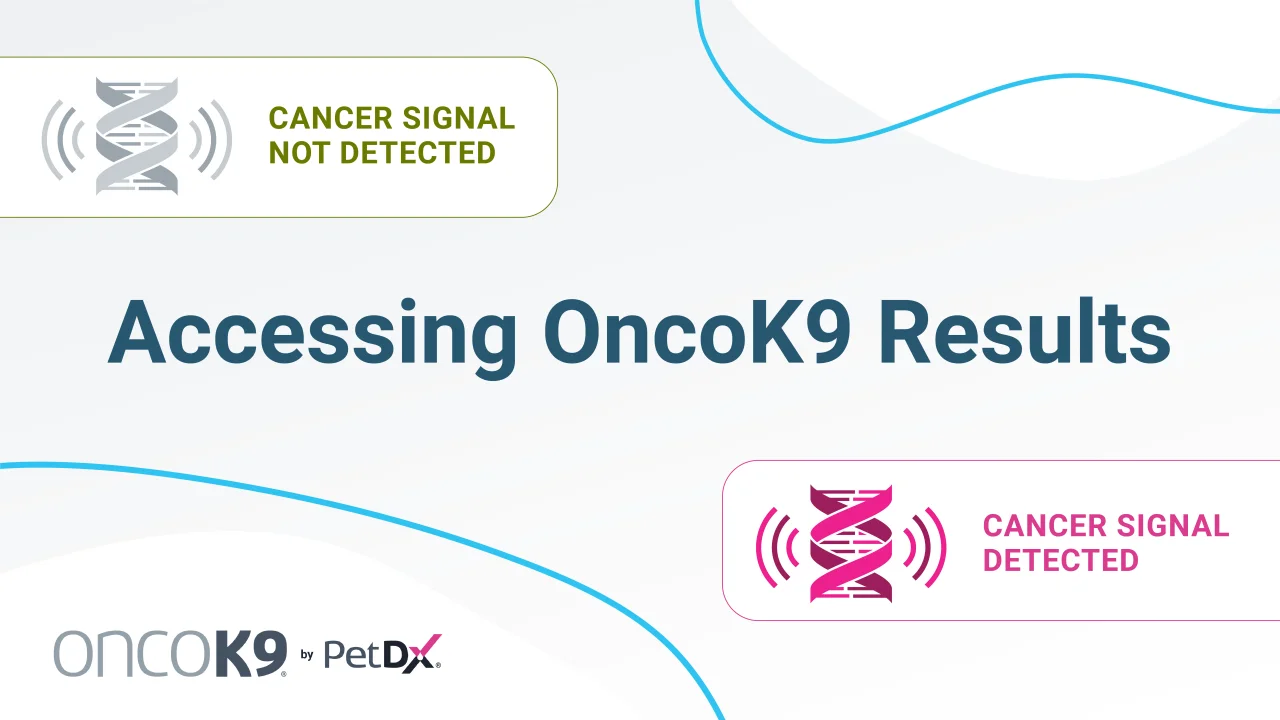
OncoK9® Training: Blood Collection

Trends in Cardiac Nuclear Imaging
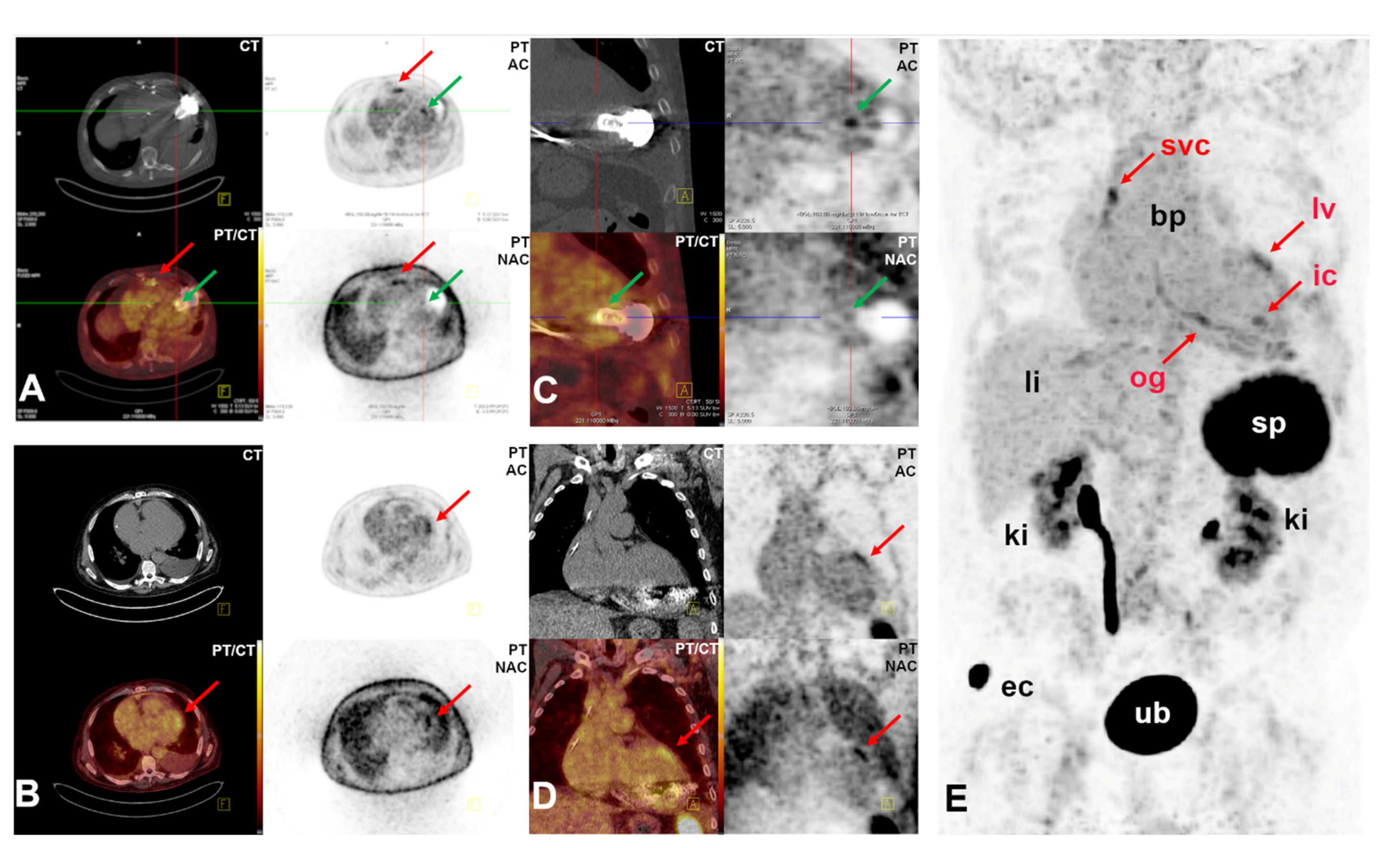
Pharmaceuticals, Free Full-Text

THE OTHER HALF OF THE GRAVE
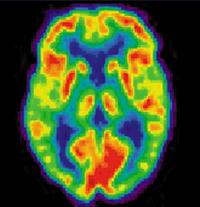
PET Census: Slower But Continued Growth in PET Patient Studies (2008 to 2010)
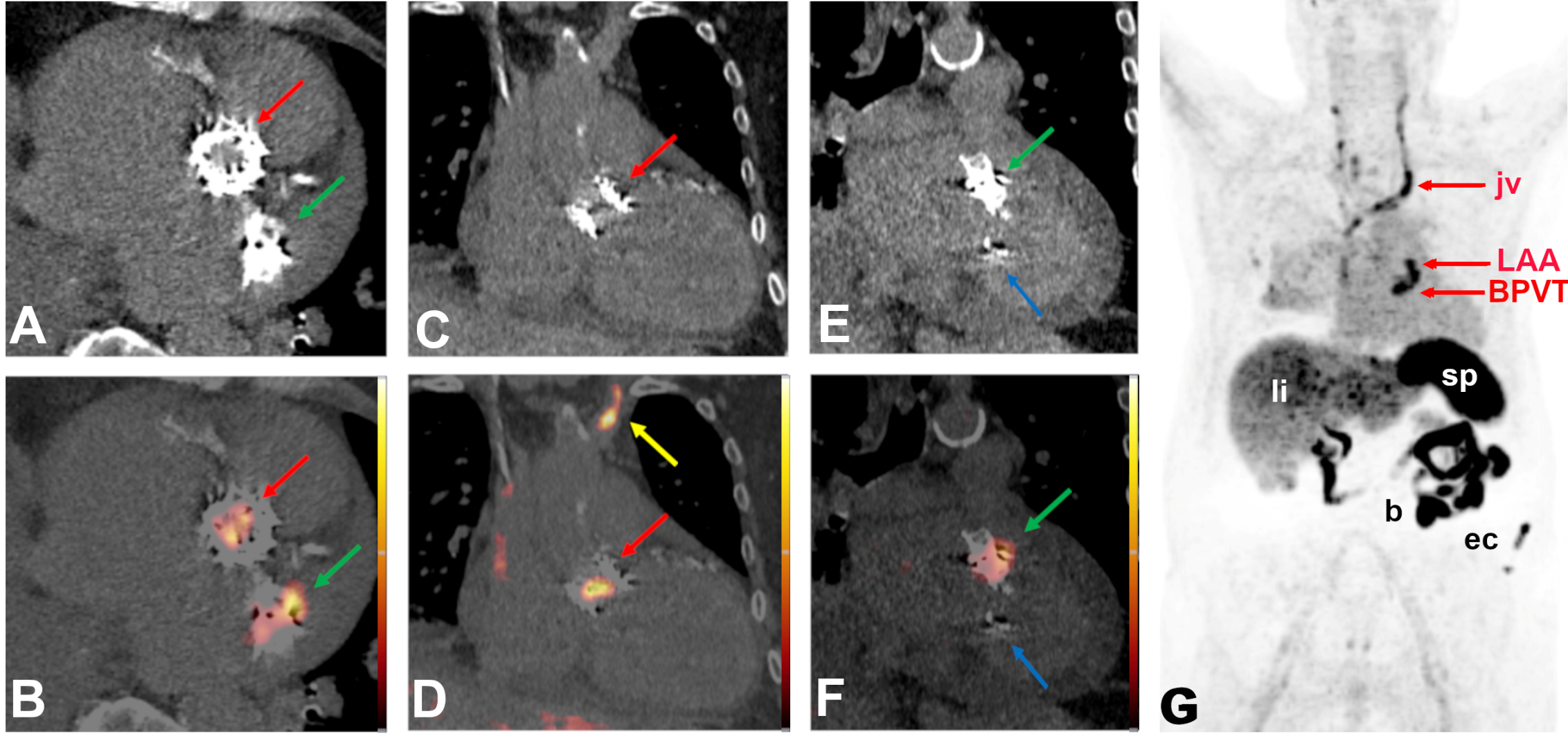
Pharmaceuticals, Free Full-Text

How much does a PET scan cost?










